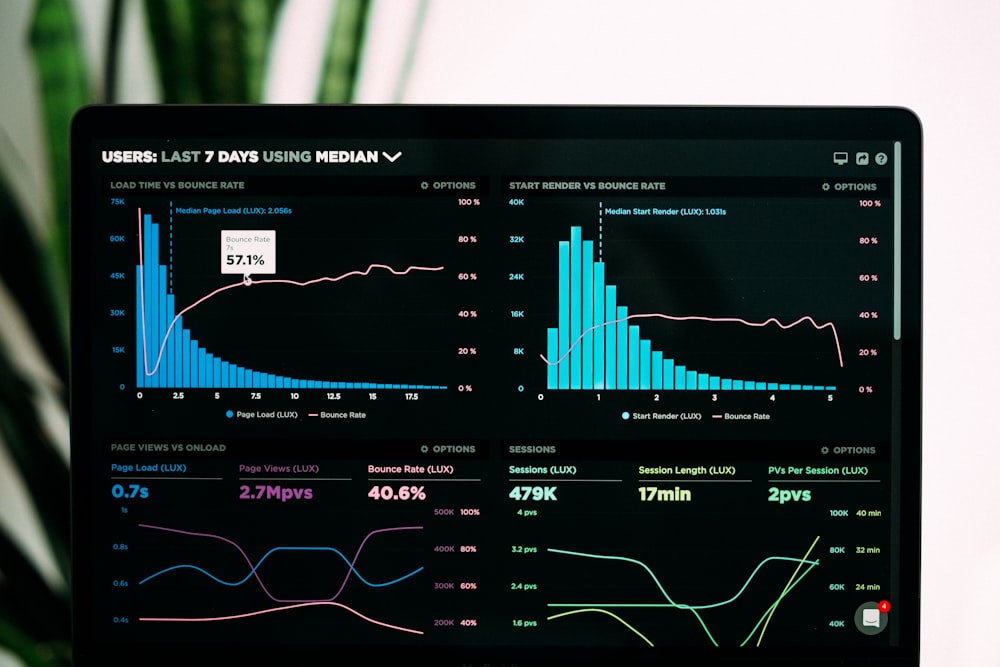Conversely, Ethereum faces significant challenges as on-chain data reveals a decline in active addresses. Post-Dencun upgrade, transaction fees are at a record low, leading to a concerning decrease in ETH burn rate. This situation increases inflationary pressures on Ethereum, which has been underperforming compared to Bitcoin, hitting lows not seen since 2020. Recovery for ETH hinges on improved network activity and burn dynamics to reinstate investor confidence.
In the broader market, whale accumulation is noteworthy, particularly in the case of $PARTI tokens, as major wallets have been moving substantial amounts. Similarly, Metaplanet has raised £2.63 billion to enhance its Bitcoin holdings, adopting a strategy similar to MicroStrategy, reinforcing its stance as a key BTC holder in Japan.
The crypto landscape also saw significant market reactions due to President Trump’s announcement of new tariffs. Analysts predict this could create short-term pressure, leading to further volatility. The crypto market has already reacted, fueling fears of widespread sell-offs. For instance, XRP is showing signs of recovery, but must maintain support at $2 to confirm any bullish trend as the market awaits the SEC's next steps regarding its lawsuit against Ripple.
Overall, with Bitcoin ETF inflows surging by $220 million recently, institutional interest appears resilient despite current uncertainties in the market. The turmoil in the markets, notably the recent global sell-off prompted by significant tariff changes, signals a critical period for investors to stay informed and adjust their strategies accordingly.


